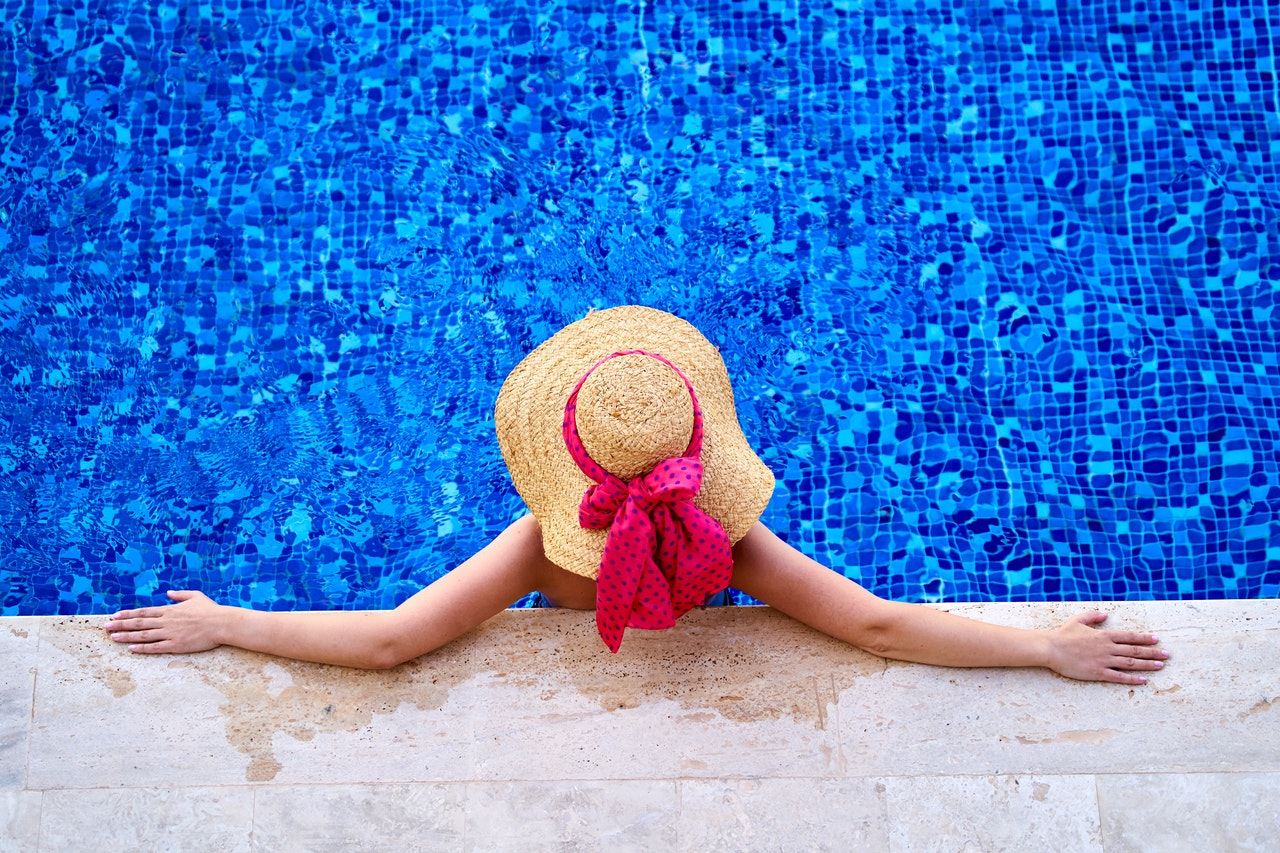If you have hearing loss and live close to the beach or spend a lot of time in the pool, having to remove your hearing aids when you are near water may become a hassle. Having hearing aids that could flow seamlessly between sea and land would be ideal, but do those hearing aids really exist?
Water-Resistant vs. Waterproof

Most complex electronic devices and water do not mix, and hearing aids are no exception. Since hearing aids sit in your ear all day, a moist environment, most are water-resistant to some degree. But very few hearing aids are truly waterproof.
Electronic devices are rated on how resistant they are to dust and water; this is known as their IP rating. Provided by the International Electrotechnical Commission, this rating system includes two numbers. The first indicates how well the device protects against debris and is scored on a range of one to seven. The second digit indicates how well the device can stand up to moisture and is graded on a scale between one to eight. This second number tells you how water-resistant a device is. Below is a chart put out by The Hearing Review:
- IPX0 – no protection
- IPX1 – protected against condensation or dropping water falling vertically
- IPX2 – protected against spraying water when titled up to 15 degrees vertically
- IPX3 – protected against spraying water when tilted up to 60 degrees vertically
- IPX4 – protected against splashing water from any angle
- IPX5 – protected against low pressure water stream from any angle
- IPX6 – protected against high pressure water stream from any angle
- IPX7 – protected against water immersion for 30 minutes at a depth of up to one meter
- IPX8 – protected against continual water submersion in underwear conditions
How Much Protection Do You Need?
Hearing aids with high IP ratings may be worth considering if you:
- Sweat heavily
- Live in a humid or wet climate
- Participate in water-related hobbies
Those who are absent-minded or just want the peace of mind that if they accidently forget to take their hearing aids out before going for a swim or step into the shower their hearing aids their hearing aids won’t be destroyed may also be interested in a higher rated device.
When in doubt, talk to your audiologist. You can discuss your concerns and they can help guide you to the appropriate level of water protection.
To learn more about keeping your hearing aid safe or to schedule an appointment with a hearing professional, contact Evergreen Speech & Hearing Inc today.